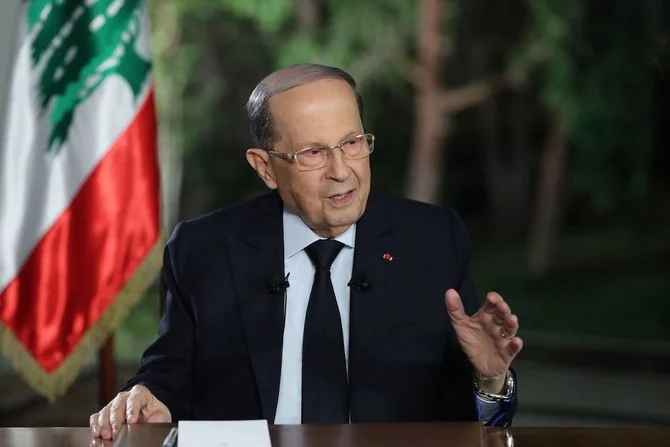By Bassem Mroue and Abby Sewell
,
1 November 2022

Lebanon's former President Michel Aoun (photo credit: AFP)
President Michel Aoun left Lebanon’s presidential palace [on 30 October], marking the end of his six-year term without a replacement, leaving the small nation in a political vacuum that is likely to worsen its historic economic meltdown.
As Aoun’s term ends, the country is being run by a caretaker government after Prime Minister-designate Najib Mikati failed to form a new Cabinet following May 15 parliamentary elections. Aoun and his supporters warn that such a government doesn’t have full power to run the country, saying that weeks of “constitutional chaos” lay ahead.
[...]
While it’s not the first time that Lebanon’s parliament has failed to appoint a successor by the end of the president’s term, this will be the first time that there will be both no president and a caretaker cabinet with limited powers.
Lebanon’s constitution allows the cabinet in regular circumstances to run the government, but is unclear whether that applies to a caretaker government. [...] Parliament has held four sessions since late September to elect a president but no candidate was able to get the two-thirds majority of the vote needed. As in previous votes, parliamentary blocs will have to agree on a consensus candidate for the country’s top post as no alliance within the legislature controls majority seats.
[...]
Under Lebanon’s power-sharing agreement, the president has to be a Maronite Christian, the parliament speaker a Shiite and the prime minister a Sunni Muslim. Cabinet and government seats are equally divided between Muslims and Christians. Christians, Sunnis and Shiites each make about a third of Lebanon’s 5 million people.
Read the full article here:
PBS
